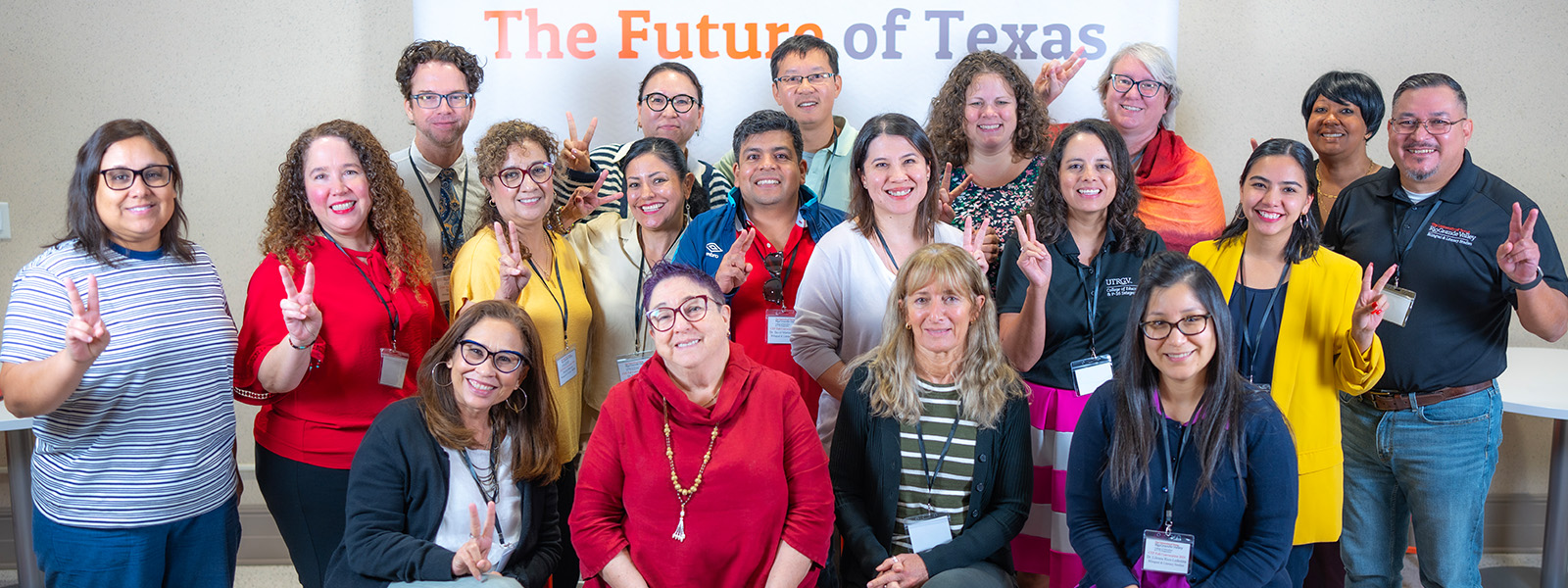
Bilingual and Literacy Studies Faculty Publications
Document Type
Book Chapter
Publication Date
8-17-2016
Abstract
Though the passage of the Civil Rights Act of 1964 outlawed discrimination based on race, color, religion, sex, and/or national origin, contemporary society within the United States is all but free from discrimination. The Supreme Court Brown v. Board of Education (1954) ruling and other landmark legislation passed during the Civil Rights Movement pushed our country toward a path of tolerance and the end of discrimination. Yet, despite these tremendous gains, discrimination still occurs not only at a societal level, but also in terms of schooling (Bakari, 2003; Ferguson, 2003; Harris & Schroeder, 2013; Mackinney & Rios-Aguilar, 2012.) Through critical media literacy, youth—particularly those who are minoritized—can be participatory in debunking discriminatory rhetoric. Critical media literacy provides youth the skills to combat marginalizing societal norms by equipping them with the tools necessary to create a counternarrative to discriminatory practices.
Recommended Citation
Venegas, E. M. (2016). Moving beyond Apartheid Schooling and “Adequate Education.” In L. Scott & B. Purdum-Cassidy, Culturally affirming literacy practices for urban elementary students (pp. 117–126). Rowman & Littlefield.
Publication Title
Culturally affirming literacy practices for urban elementary students


Comments
Moving beyond Apartheid Schooling and “Adequate Education.” In L. Scott & B. Purdum-Cassidy, Culturally affirming literacy practices for urban elementary students. Reproduced by permission of Rowman & Littlefield https://rowman.com/ISBN/9781475826425/Culturally-Affirming-Literacy-Practices-for-Urban-Elementary-Students
All rights reserved. Please contact the publisher for permission to copy, distribute or reprint.